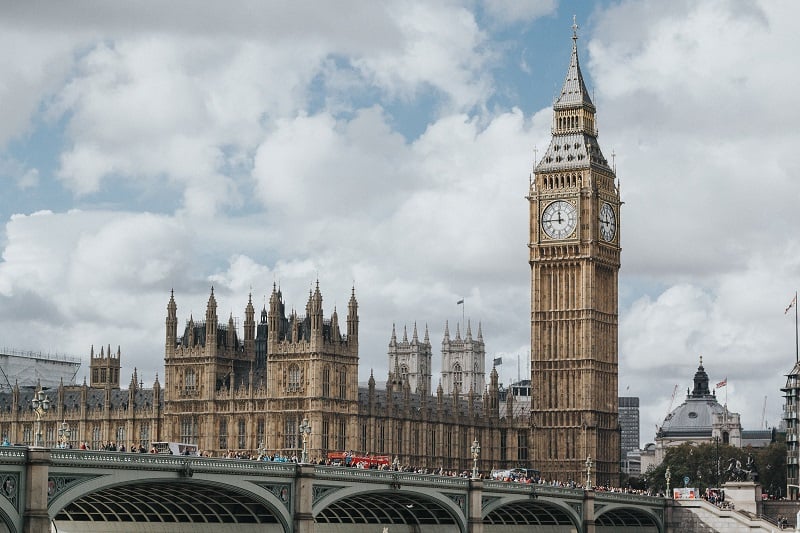
Zoe Alipranti
Senior Policy Programme Manager
The UK’s first Labour Budget in 14 years shows a positive direction on climate action but falls short of being a ‘green budget’. While there is a clear intent for investment and growth, further steps are needed to decarbonise the UK economy and support meaningful progress towards net zero by 2030.
Chancellor Rachel Reeves pledged to ‘invest, invest, invest’ during her anticipated first Budget, but more needs to be done to deliver a green industrial revolution.
Labour’s 2024 campaign and manifesto emphasised clean energy initiatives, green finance and nature conservation to make the UK a clean energy superpower and a global hub of green finance.
This budget does showcase some effort in that direction. However, to truly fulfil the ambition the government laid out, a more comprehensive strategy is required that outlines financial commitments and provides the regulatory clarity needed to unlock private investments.
Headline climate messages
Capital budgets will be set for five years and extended at every two-year spending review, promising greater policy certainty and clarity. We welcome this commitment, which includes the government’s plan to invest £100 billion over the next five years and more than £35 billion in economic infrastructure in 2025-2026.
New funding set out for green technology in 2025-2026 is also welcome — including £3.9 billion for nascent Carbon Capture Utilisation and Storage (CCUS) — though the focus must remain on reducing emissions. The government committed a further £2.7 billion to continue the development of nuclear power station Sizewell C through 2025-2026, a nuclear power plant which was paused over funding uncertainty.
The high-level ambition of the National Wealth Fund is commendable, aiming to generate a total of £70 billion in investment and generate returns at least as high as gilts.
Further positive steps include the reinstatement of climate as a priority for the Bank of England, just months after the previous Chancellor downgraded its status. This came alongside confirmation that the UK will move ahead with plans for a Carbon Border Adjustment Mechanism (CBAM) from 1 January 2027, covering aluminium, cement, fertiliser, hydrogen, iron and steel. This will provide certainty for investors and encourage investment in low carbon sectors.
Missed opportunities
Beneath the headlines, a lack of clarity or dilution in various areas threatens to prolong policy and regulatory uncertainty. For instance, a commitment to 11 green hydrogen hubs does not specify how much will be invested and or how viable these projects are.
Despite nodding to Great British Energy (GBE), a proposed state-owned investment and energy generation company which featured prominently in the Labour manifesto, the settlement provides just £125 million capital funding for project development for 2025-2026. This is much below the £8.3 billion promised during the election campaign, though it will be allocated over subsequent years.
The Budget was marked by mixed messages in other policy areas. New incentives for electric vehicle purchases are balanced against a continued freeze on fuel duty tax for polluting vehicles. Similarly, despite increasing the Energy Profits Levy (EPL) to 38%, the government retains 100% first year capital allowances. This excludes all first-year capex from the EPL and may encourage some further oil and gas investments. On the other hand, it has retained the decarbonisation allowance with a reduced uplift of 66%, which incentivises the decarbonisation of oil and gas production.
Finally, although departmental budgets received a 1.7% real-term spending increase, some casualties of the current fiscal environment include nature and flood protection programmes in Defra. This sends a concerning signal on the government’s commitment to adaptation.
What next
Following measures such as the publication of the Industrial Strategy green paper and the establishment of the National Wealth Fund, we call for further clarity on funding for clean energy industries.
The government should demonstrate policy and regulatory action to show a genuine commitment to green growth, particularly in light of significant EU and US competition. We await more details of the government’s green investment plans at the Mansion House speech and COP29.
Investors stand ready to support the government’s mission to catalyse green investment to deliver net zero, but to redirect capital at the levels required they must receive clear and consistent policy signals.
If you’d like to take part in our working groups and be the first to see insights and analysis, why not speak to our investor relations manager today to find out more about becoming a part of IIGCC.